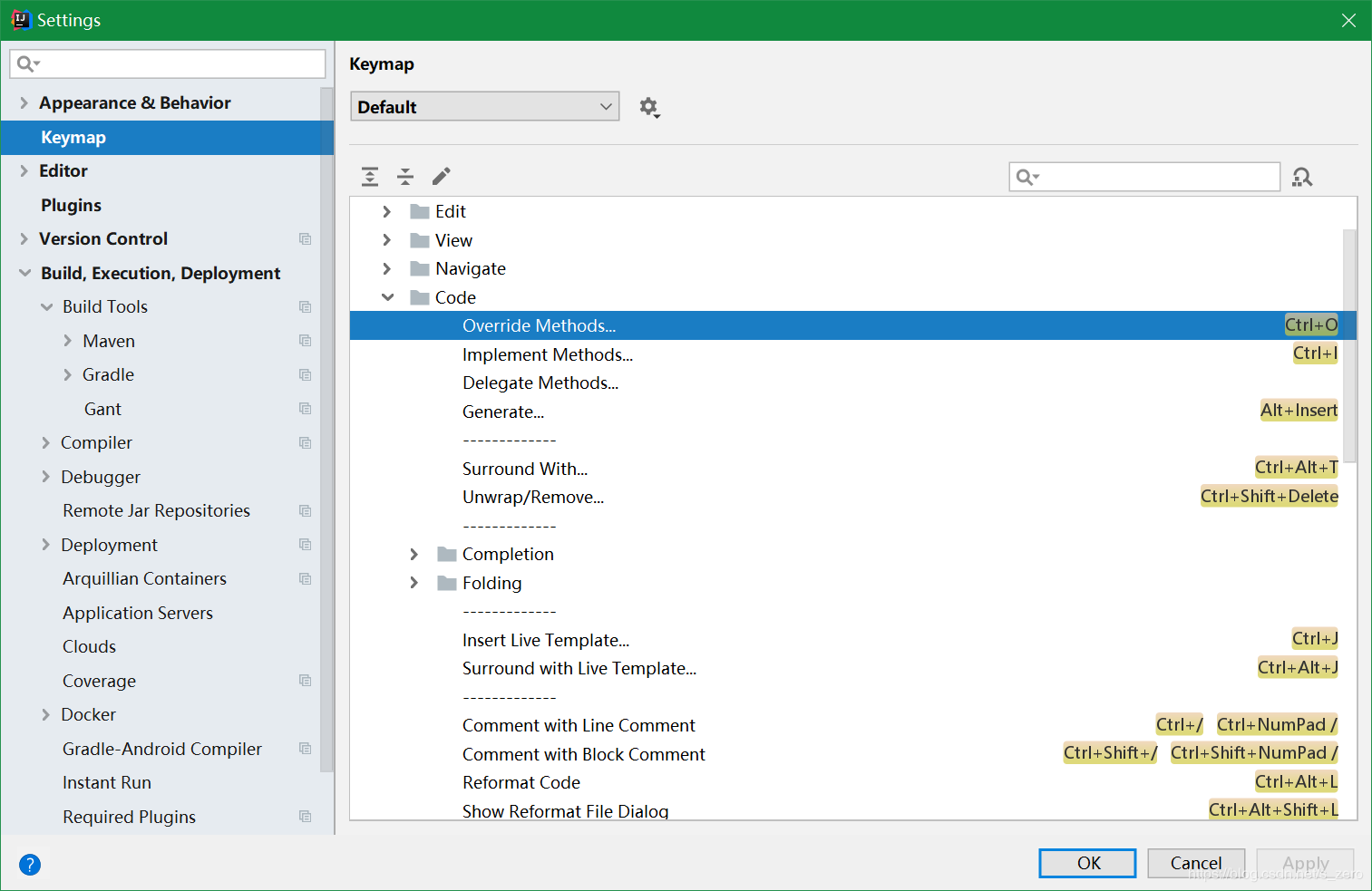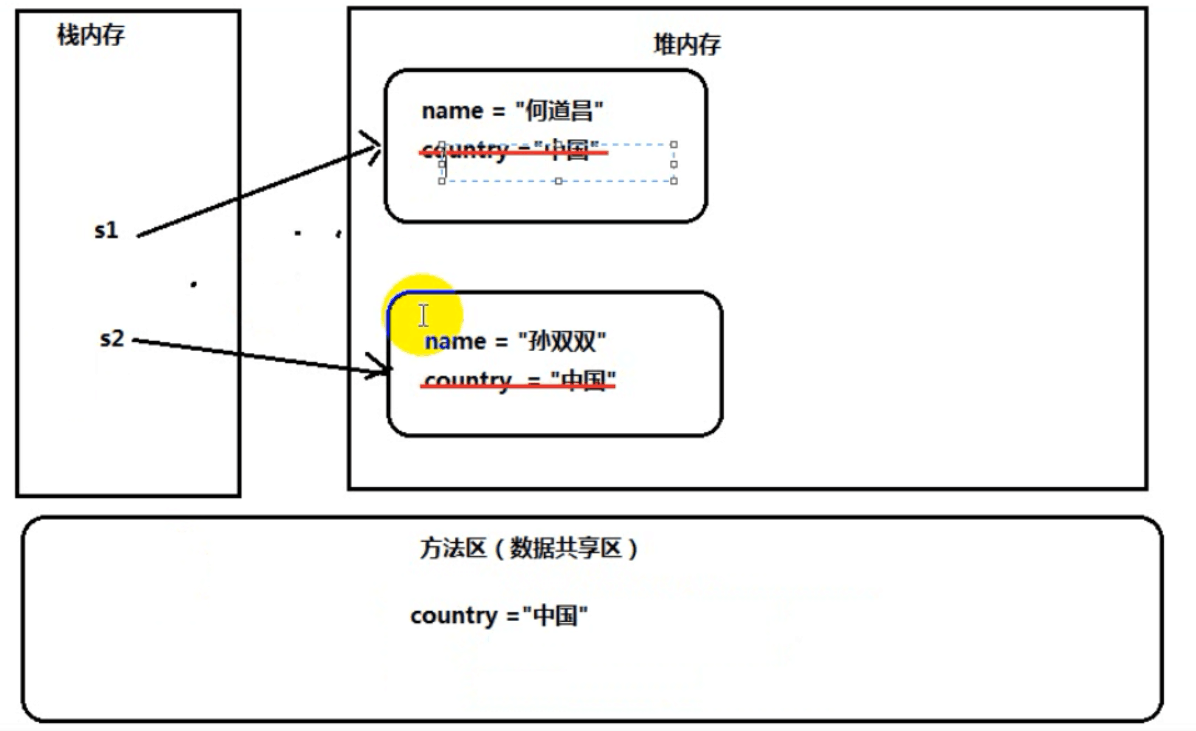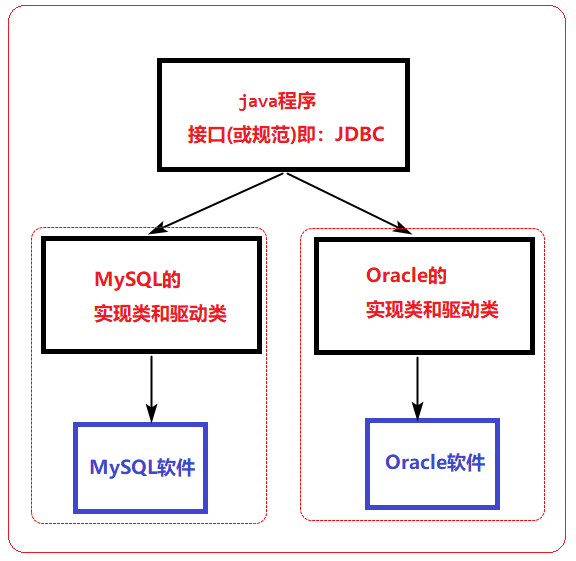Java调用Shell命令和脚本
1.介绍
有时候我们在Linux中运行Java程序时,需要调用一些Shell命令和脚本。而Runtime.getRuntime().exec()方法给我们提供了这个功能,而且Runtime.getRuntime()给我们提供了以下几种exec()方法:
Process exec(String command)在单独的进程中执行指定的字符串命令。Process exec(String[] cmdarray)在单独的进程中执行指定命令和变量。Process exec(String[] cmdarray, String[] envp)在指定环境的独立进程中执行指定命令和变量。Process exec(String[] cmdarray, String[] envp, File dir)在指定环境和工作目录的独立进程中执行指定的命令和变量。Process exec(String command, String[] envp)在指定环境的单独进程中执行指定的字符串命令。Process exec(String command, String[] envp, File dir)在有指定环境和工作目录的独立进程中执行指定的字符串命令。
其中,其实cmdarray和command差不多,同时如果参数中如果没有envp参数或设为null,表示调用命令将在当前程序执行的环境中执行;如果没有dir参数或设为null,表示调用命令将在当前程序执行的目录中执行,因此调用到其他目录中的文件和脚本最好使用绝对路径。各个参数的含义:
- cmdarray: 包含所调用命令及其参数的数组。
- command: 一条指定的系统命令。
- envp: 字符串数组,其中每个元素的环境变量的设置格式为name=value;如果子进程应该继承当前进程的环境,则该参数为 null。
- dir: 子进程的工作目录;如果子进程应该继承当前进程的工作目录,则该参数为 null。
细心的读者会发现,为了执行调用操作,JVM会启一个Process,所以我们可以通过调用Process类的以下方法,得知调用操作是否正确执行:
abstract int waitFor()导致当前线程等待,如有必要,一直要等到由该 Process 对象表示的进程已经终止。
进程的出口值。根据惯例,0 表示正常终止;否则,就表示异常失败。
另外,调用某些Shell命令或脚本时,会有返回值,那么我们如果捕获这些返回值或输出呢?为了解决这个问题,Process类提供了:
abstract InputStream getInputStream()获取子进程的输入流。 最好对输入流进行缓冲。
2.调用Shell命令
这里为了说明问题,我仅用tar命令进行演示。tar命令是一个打包而不进行压缩的命令。同时,为了检查tar的调用是否被正常执行,我将调用waitFor()方法。
private void callCMD(String tarName, String fileName, String... workspace){try {String cmd = "tar -cf" + tarName + " " + fileName;// String[] cmd = {"tar", "-cf", tarName, fileName};File dir = null;if(workspace[0] != null){dir = new File(workspace[0]);System.out.println(workspace[0]);}process = Runtime.getRuntime().exec(cmd, null, dir);// process = Runtime.getRuntime().exec(cmd);int status = process.waitFor();if(status != 0){System.err.println("Failed to call shell's command and the return status's is: " + status);}}catch (Exception e){e.printStackTrace();}}
注意:如果把命令放到一个String[]中时,必须把命令中每个部分作为一个元素存在String[]中,或者是把命令按照空格符分割得到的String[]。
String[] cmd = {"tar", "-cf", tarName, fileName}; //rightString[] cmd = {"tar -cf", tarName, fileName}; //error
为了说明dir参数的作用,我特地把该Java程序和要打包的目录hive/放在不同的目录:
/root/workspace/eclipse/Test/src/edu/wzm/CallShell.java/root/experiment/hive
如果我不设置dir或设dir为null,那么fileName不得不是相对路径,最好是绝对路径:
call.callCMD("/root/experiment/hive.tar", "/root/experiment/hive", null);// ORcall.callCMD("/root/experiment/hive.tar", "/root/experiment/hive");
如果我设置了dir指向了hive所在的父目录就好办多了:
call.callCMD("hive.tar", "hive", "/root/experiment/");
3.调用Shell脚本
Java调用Shell命令和调用Shell脚本的操作一模一样。我这里介绍另外几个方面:
- 给脚本传递参数;
- 捕获调用的输出结果;
- envp的使用。
给脚本传递参数,这个操作很简单,无非是把参数加到调用命令后面组成String,或String[]。
捕获调用输出信息,前面也提到过用Process.getInputStream()。不过,建议最好对输入流进行缓冲:
BufferedReader input = new BufferedReader(new InputStreamReader(process.getInputStream()));
另外,envp是一个String[],并且String[]中的每一个元素的形式是:name=value。如:我的Linux系统中没有以下环境变量,但是我把它们写在Java代码中,作为envp:
val=2call=Bash Shell
我要调用的Shell脚本是:/root/experiment/test.sh。
#!/usr/bin/env bashargs=1if [ $# -eq 1 ];thenargs=$1echo "The argument is: $args"fiecho "This is a $call"start=`date +%s`sleep 3send=`date +%s`cost=$((($end - $start) * $args * $val))echo "Cost Time: $cost"
Java调用代码是:
private void callScript(String script, String args, String... workspace){try {String cmd = "sh " + script + " " + args;// String[] cmd = {"sh", script, "4"};File dir = null;if(workspace[0] != null){dir = new File(workspace[0]);System.out.println(workspace[0]);}String[] evnp = {"val=2", "call=Bash Shell"};process = Runtime.getRuntime().exec(cmd, evnp, dir);// process = Runtime.getRuntime().exec(cmd);BufferedReader input = new BufferedReader(new InputStreamReader(process.getInputStream()));String line = "";while ((line = input.readLine()) != null) {System.out.println(line);}input.close();}catch (Exception e){e.printStackTrace();}}public static void main(String[] args) {// TODO Auto-generated method stubCallShell call = new CallShell();call.callScript("test.sh", "4", "/root/experiment/");}
输出:
/root/experiment/The argument is: 4This is a Bash ShellCost Time: 24



































还没有评论,来说两句吧...